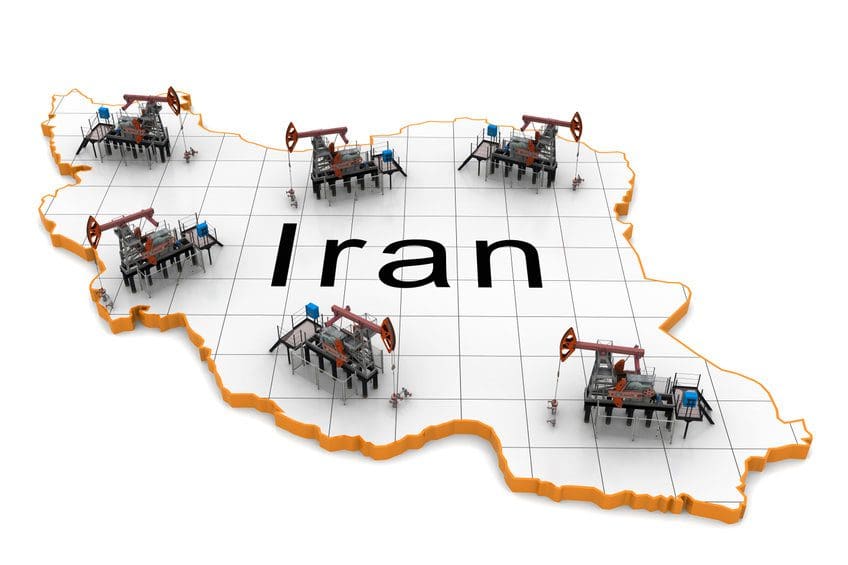President Joe Biden and his administration want the countries that export crude oil, many of which are not friendly to the United States (such as Russia, Venezuela and Iran), to increase oil production in an effort to drive down gasoline prices in the U.S.
Doesn’t asking foreign countries to increase oil production contradict the administration’s policy to reduce the use of fossil fuels produced in the U.S.?
President Biden said recently OPEC should increase oil production to decrease gasoline prices, and his national security advisor, Jake Sullivan, expanded on Biden’s request.
“Higher gasoline costs, if left unchecked, risk harming the ongoing global recovery. The price of crude oil has been higher than it was at the end of 2019, before the onset of the pandemic,” Sullivan said in a statement released by the White House. “While OPEC+ recently agreed to production increases, these increases will not fully offset previous production cuts that OPEC+ imposed during the pandemic until well into 2022. At a critical moment in the global recovery, this is simply not enough.”
The administration wasn’t finished. National Economic Council Director Brian Deese also asked Federal Trade Commission Chair Lina Khan to use all available tools — including monitoring prices, reviewing merger-and-acquisition activity and investigating market manipulation — to stem price fluctuations, according to a report from Bloomberg.
“During this summer driving season, there have been divergences between oil prices and the cost of gasoline at the pump. While many factors can affect gas prices, the President wants to ensure that consumers are not paying more for gas because of anti-competitive or other illegal practices,” Deese wrote.
This is the same administration that since its first day in office this January has been issuing executive orders, proposing stringent regulations and seeking legislation to virtually bankrupt the oil and gas industry in the U.S.
The recent rise in gasoline prices – up about $1 per gallon from a year ago – comes from increases in economic activity, which has reduced supplies, and increased crude oil prices, the primary component of the cost of gasoline (55%).
Gasoline in storage has been declining since reaching historic highs last year. On April 27, 2020, the average price of gasoline in the U.S. was $1.655 and gasoline inventories were 263 million barrels, according to the Energy Information Administration. The current average price is $3.174 and gasoline inventories are down 36 million barrels to 227 million barrels. This is an indication that supplies have tightened putting more pressure on price.
Last year was an exceptional year as a global pandemic destroyed economic activity. An oversupply of crude oil drove prices down from $60 per barrel in January to $15 in April. The price of oil on the New York Mercantile Exchange for 30-day delivery closed at $66 on Tuesday.
Of course, if the administration really wanted to reduce the price of gasoline to consumers it could work to reduce or repeal the federal tax on gasoline.
Alex Mills is the former President of the Texas Alliance of Energy Producers.
Alex Mills is the former President of the Texas Alliance of Energy Producers. The Alliance is the largest state oil and gas associations in the nation with more than 3,000 members in 305 cities and 28 states.





